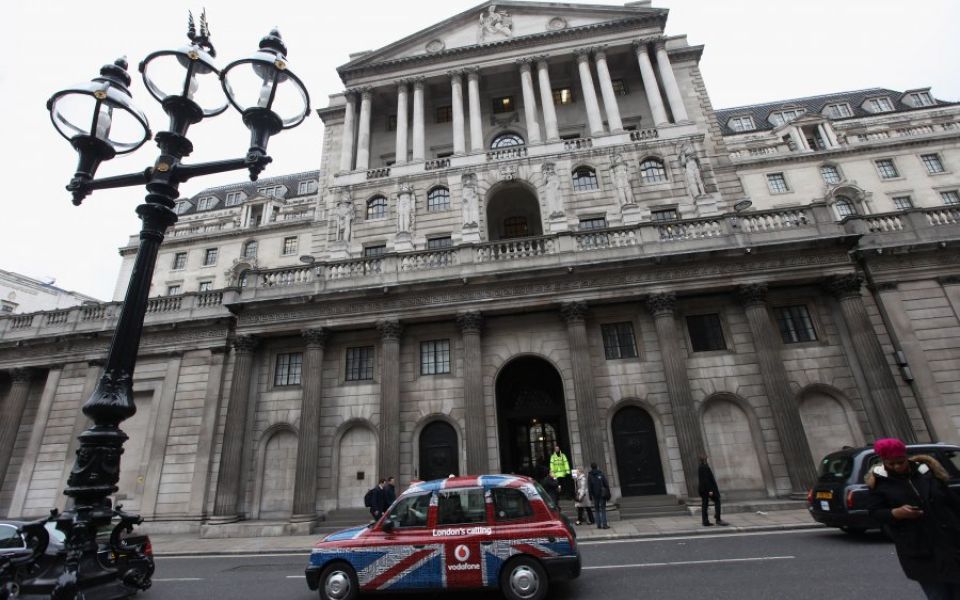Jobs miracle is a real achievement for the UK

Brexit, Boris and burqas. These are hardly halcyon days for the Conservatives, who – according to the latest opinion poll – trail Labour by two points, despite Jeremy Corbyn’s hapless and controversy-laden leadership.
Nonetheless, yesterday held a reminder of a genuinely remarkable achievement that successive Tory inhabitants of Downing Street can point towards – namely, the UK’s jobs miracle.
Over the last eight or nine years, British unemployment has consistently smashed expectations, sinking to historic lows, while the deficit has also shrunk. The story has become so common that it no longer causes a big enough splash to occupy space on the front pages of newspapers such as City A.M.
However, we should recall how unlikely this outcome seemed not too long ago. Former Bank of England economist Danny Blanchflower infamously argued in 2009 that the fiscal plans of chancellor-in-waiting George Osborne could see 5m unemployed in the UK. The latest figure, confirmed yesterday, is 1.36m – the lowest rate of joblessness since 1975.
Two years later, with the coalition’s policies in full swing, Blanchflower wrote: “Virtually all other forecasters [apart from the Office for Budget Responsibility]… expect unemployment to continue to rise as growth disappoints… There is little likelihood that the private sector can make up for the job losses Osborne is planning.”
But employment continues to soar, from 29.4m at the time of Blanchflower’s warning, to 32.39m in April-June this year.
And while deficit reduction has been far slower than originally expected, current chancellor Philip Hammond was able to point to a current budget surplus earlier this year, the first since 2002.
Not everything about the UK’s economic performance is bright and rosy. Wage growth remains depressingly slow, and GDP expansion has been worryingly sluggish over the last 18 months. Moreover, this newspaper will keep arguing that far more should be done to ease the burden of high taxes, high housing costs, and creaking infrastructure.
That said, it would be unfair to ignore the labour market’s exceptionally strong performance compared to peer countries. “Unemployment is of vital importance, particularly to the unemployed,” opined Ted Heath back in 1980. He was right, and we should be grateful that, nearly four decades later, more people aren’t trapped by its curse.
